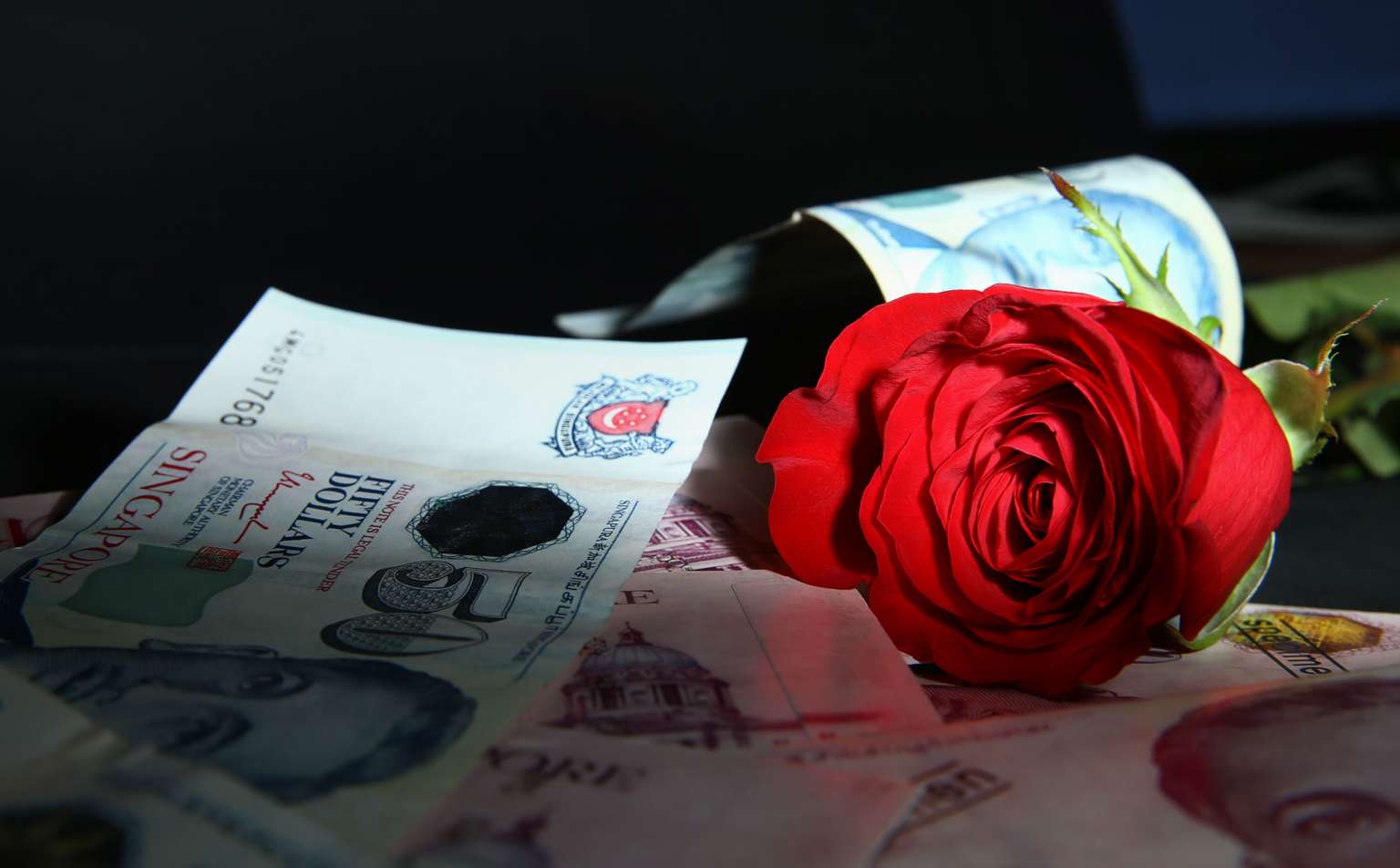More online love scammers adopting 'Chinese' identity, targeting victims on dating apps
Sign up now: Get ST's newsletters delivered to your inbox

Police has revealed that more online love scammers taking on a new identity are using Chinese names instead of Caucasian ones.
PHOTO: THE NEW PAPER
Ng Huiwen
Follow topic:
SINGAPORE - Scammers who target those looking for love online are upping their game, with more taking on a new identity by using Chinese names instead of Caucasian ones.
After gaining the trust of their victims, many feign a death in the family or tell of a troubled business to evoke sympathy, before asking for a sum of money.
Their change in modus operandus, revealed by the police on Friday (Nov 11), also involves requesting for the money to be sent to bank accounts in China and Hong Kong, instead of local or Malaysian banks.
Social media platforms and dating apps such as Tinder, OKCupid and WeChat are also gaining traction among scammers, who would previously scour for their victims mainly on Facebook.
This year, a woman was cheated of $1.7 million, the biggest amount lost by an individual to Internet love scams so far.
From January to September, there were a total of 448 Internet love scam cases reported, with at least $17 million pocketed by scammers. The figure stood at 244 in the same period last year.
A majority of the victims who fell for Internet love scams this year were Chinese women, between 30 and 59 years old.
One of them, a woman in her 40s who works in sales, thought she had found love after a man befriended her on Facebook early last year. It took her almost a year and a loss of at least $85,000, before she realised that she had fallen victim to a scam.
Smitten with her "boyfriend", she agreed to transfer about $22,000 to his bank account in China in the middle of last year, when he said that his father was sick. He told her he needed to borrow the money to pay for hospitalisation bills.
She remitted the money on three occasions over a month.
Some time later, he asked for more money, claiming that he needed help to pay goods tax in Hong Kong before he could get his goods to sell in the market.
She was told that he could earn more than $3 million from the sale of these goods, and she transferred more than $31,000 to him in three more transactions.
In December last year, she received the "good news" that his goods were sold. She was promised a cheque of $1.2 million in return, but it did not come.
Soon after, another person contacted her asking for her account details so that he could pass the money to her.
When asked to foot the bank transfer fees, she complied and paid more than $32,000 to another bank account in China.
Following this, she was unable to contact her scammer or his accomplice. She then made a police report in January.

